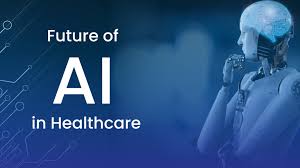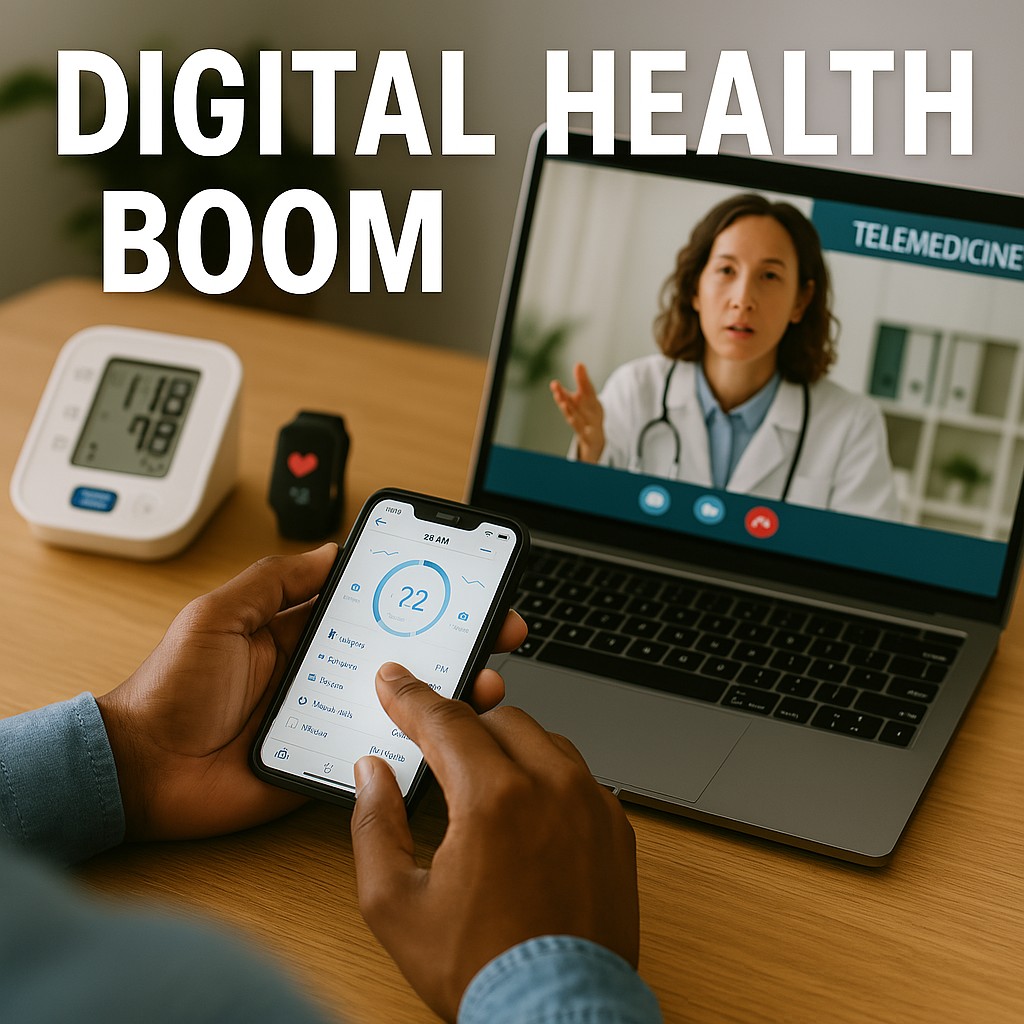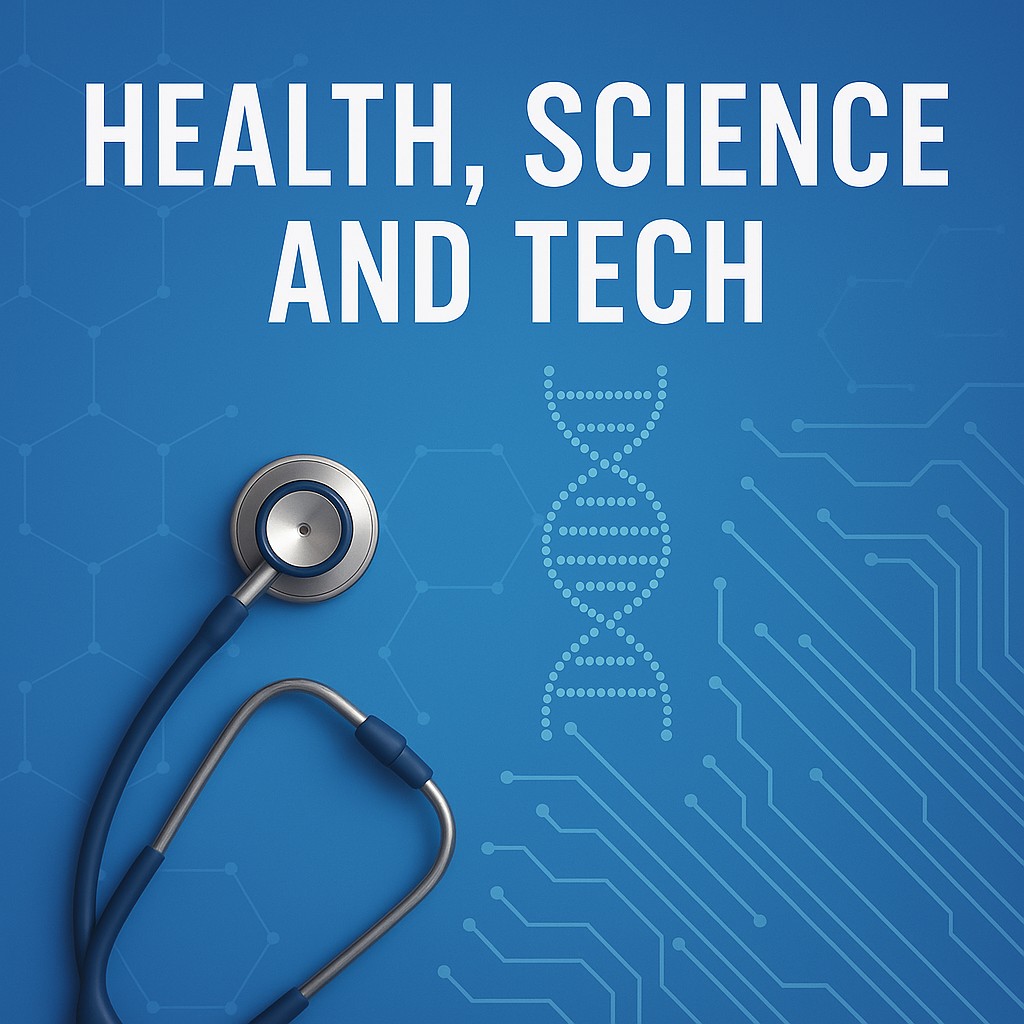
By Alan Moore
Artificial intelligence (AI) integration into various sectors has sparked a wave of transformation and innovation in recent years. However, healthcare is one area where AI is not just making strides but fundamentally transforming the landscape. From streamlining administrative tasks to enhancing diagnostics and personalized treatment plans, AI is changing and revolutionizing how patient care is delivered and managed.
The application of AI in healthcare is diverse and far-reaching. One of the most notable areas where AI significantly impacts is medical imaging. AI algorithms are being trained to analyze medical images such as X-rays, MRIs, and CT scans with incredible accuracy and speed. By leveraging machine learning and deep learning techniques, AI can assist radiologists in detecting abnormalities, identifying patterns, and making more precise diagnoses. This not only improves the efficiency of the diagnostic process but also enhances patient outcomes by enabling early detection of diseases.
Moreover, AI-powered predictive analytics is playing a crucial role in preventive healthcare. By analyzing patient data, such as medical records, genetic information, and lifestyle factors, AI algorithms can identify individuals at high risk for certain diseases and provide personalized recommendations for prevention and early intervention. This proactive approach to healthcare helps reduce healthcare costs and improves patient outcomes by focusing on preventive measures.
In addition to diagnostics and preventive care, AI transforms patient care through virtual health assistants and telemedicine. Virtual health assistants powered by AI algorithms can interact with patients, answer their questions, provide medication reminders, and offer personalized health advice. These virtual assistants are available 24/7, enabling patients to access healthcare services conveniently and promptly.
Telemedicine, which has seen a significant surge in adoption in recent years, is leveraging AI to improve remote patient monitoring, enhance teleconsultations, and optimize treatment plans. AI algorithms can analyze real-time patient data, such as vital signs and symptoms, to provide healthcare providers valuable insights and alerts for timely interventions. This improves the quality of care for patients in remote locations and reduces the burden on overstretched healthcare systems.
Despite AI’s remarkable progress and promise in healthcare, challenges, and ethical considerations must be addressed. Some key challenges healthcare organizations need to navigate include ensuring data privacy and security, addressing bias and fairness issues, and integrating AI seamlessly into existing healthcare workflows. However, maintaining transparency in AI algorithms is crucial and will reassure patients and healthcare professionals about the ethical considerations in AI integration.




